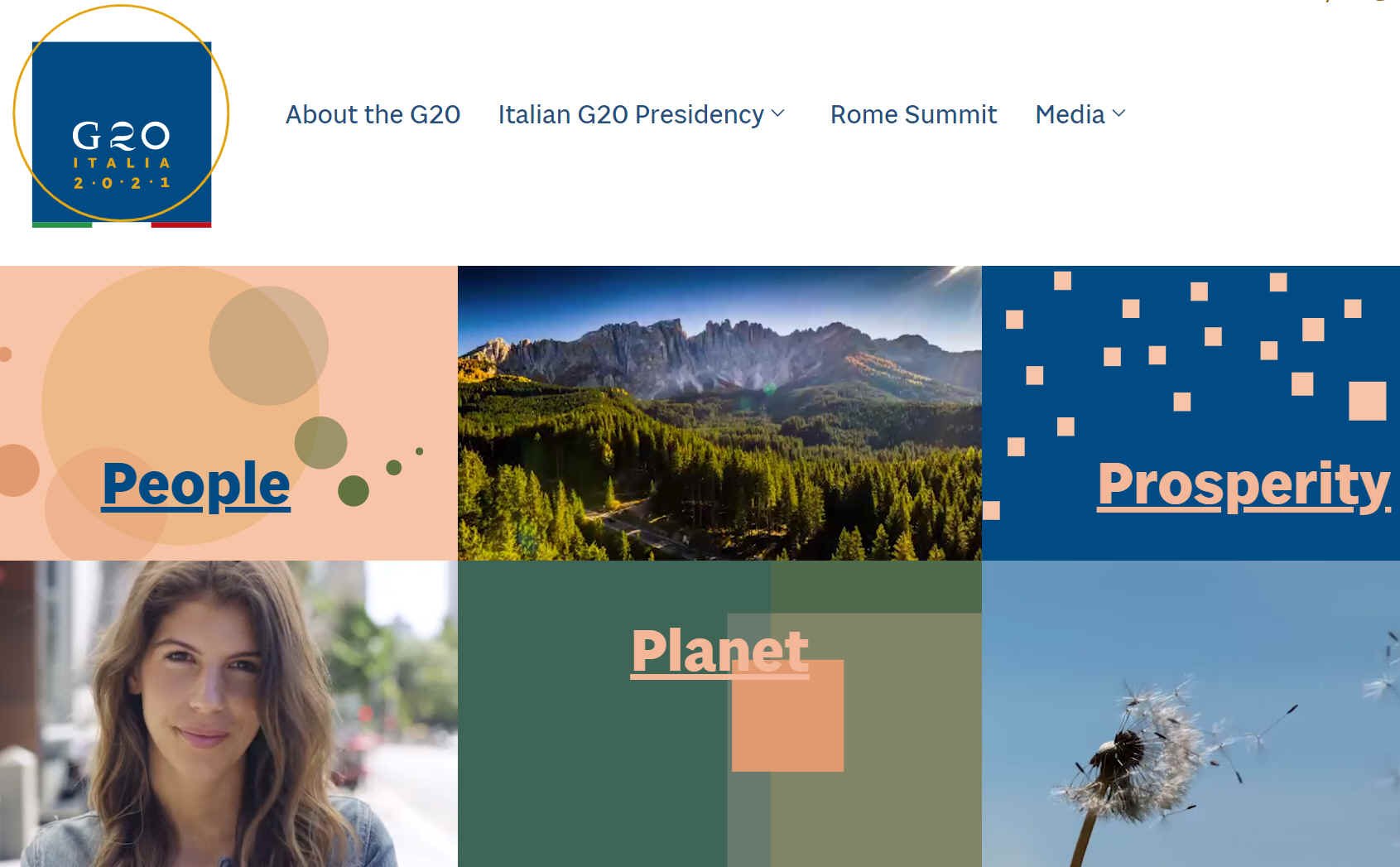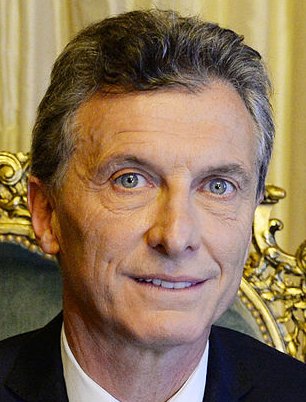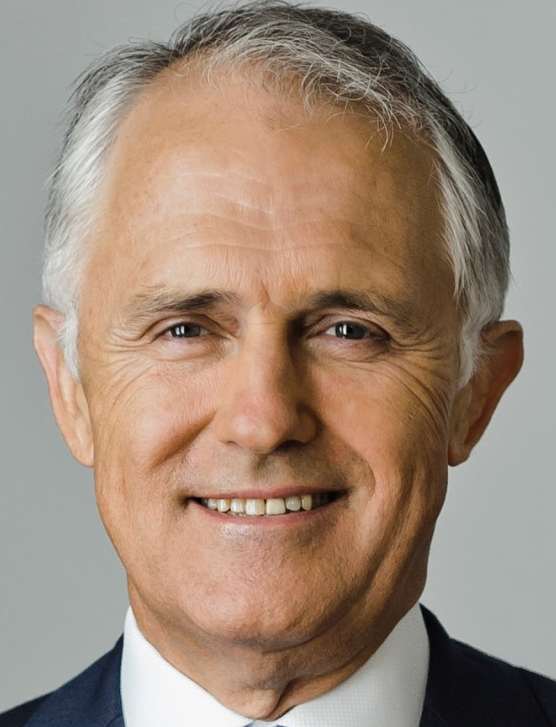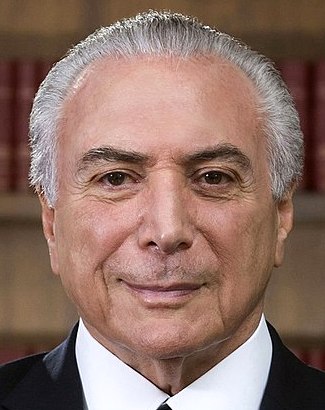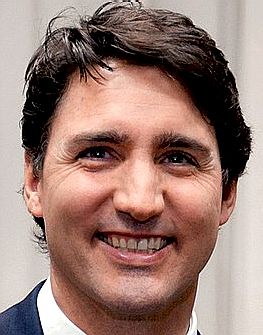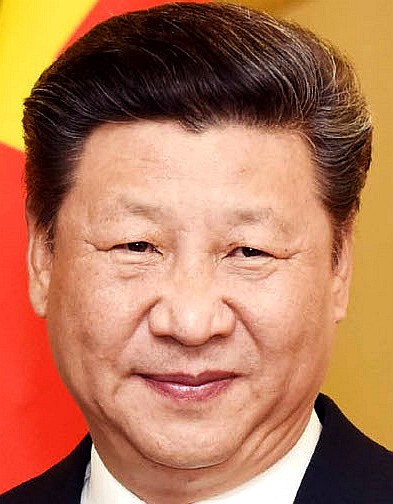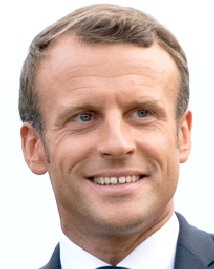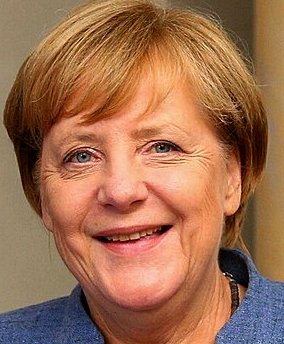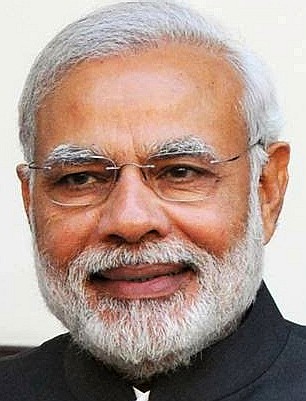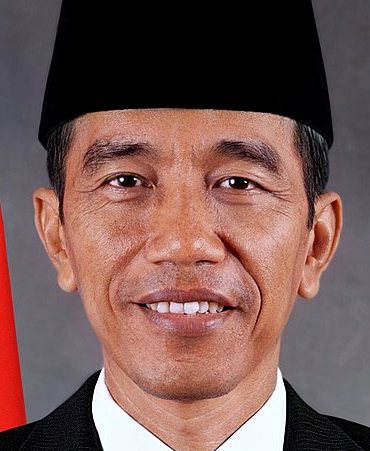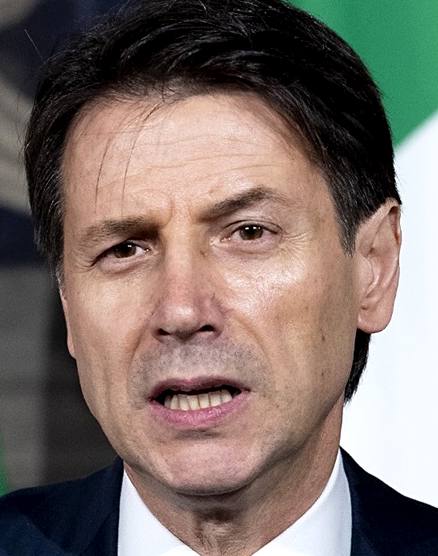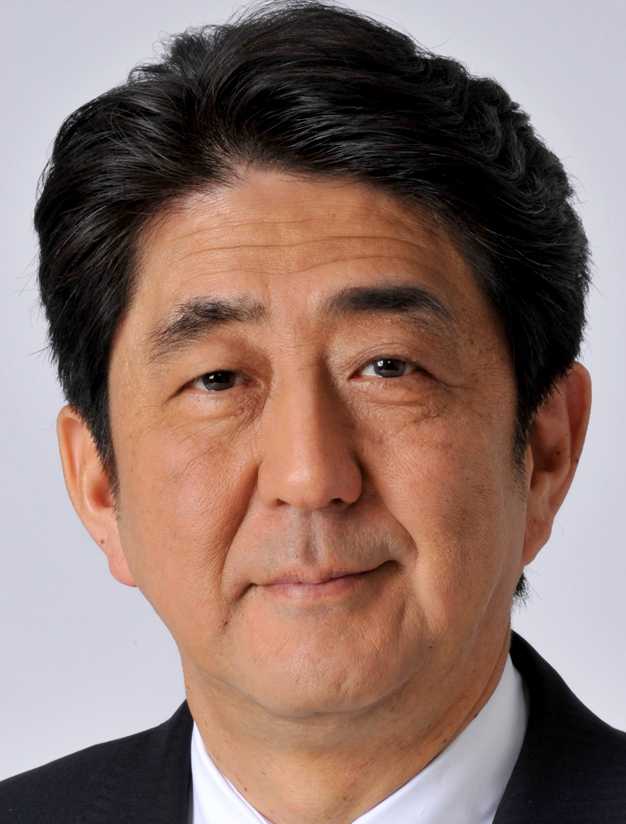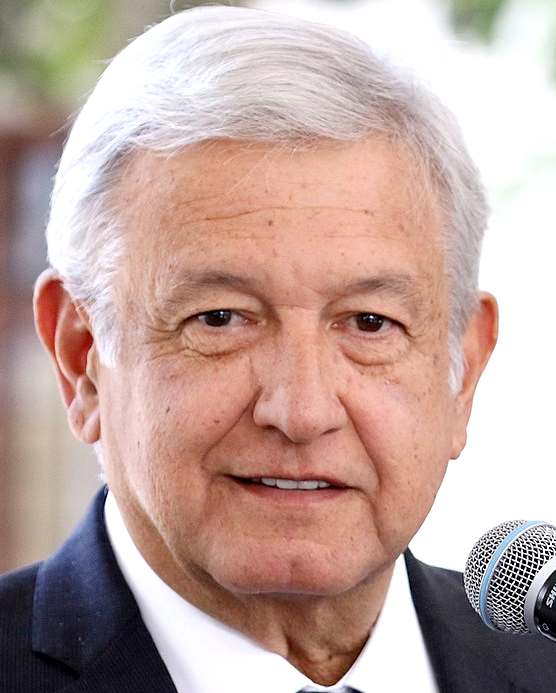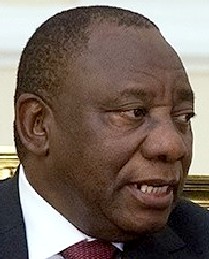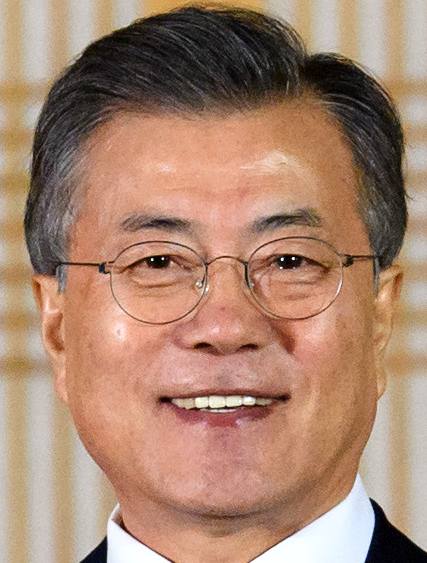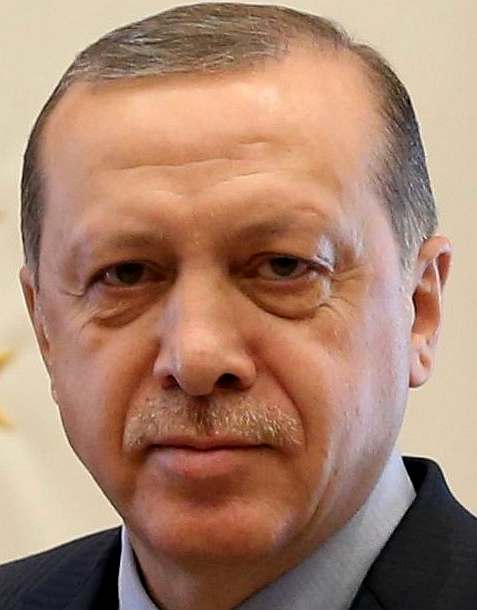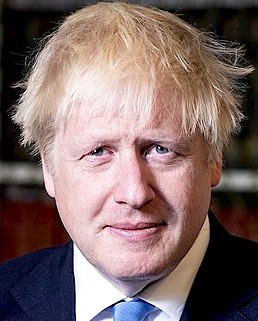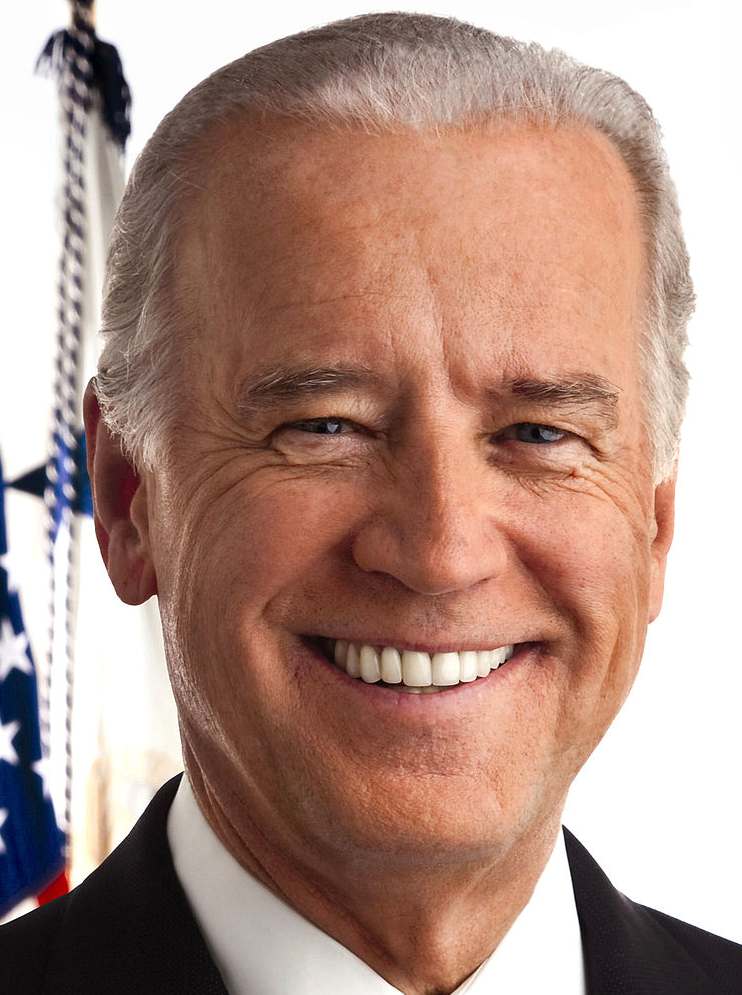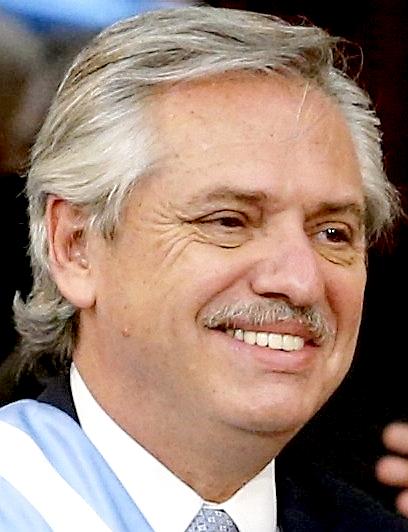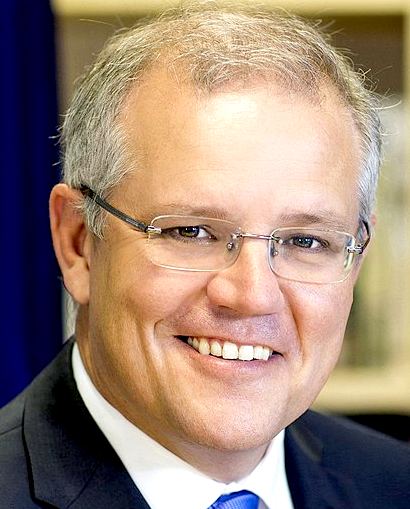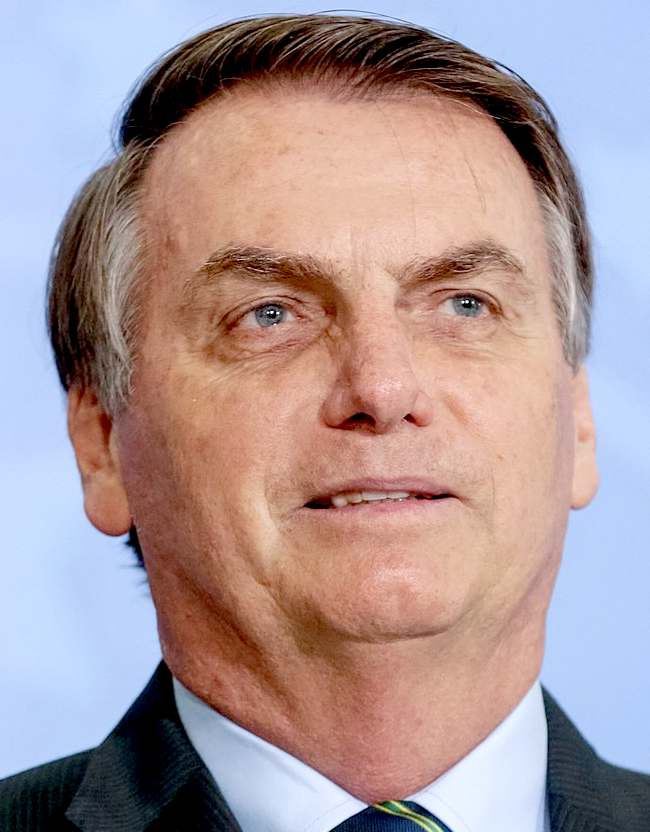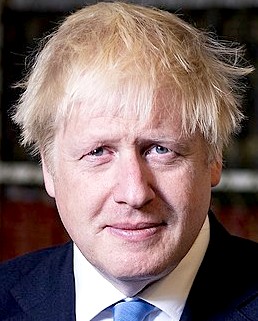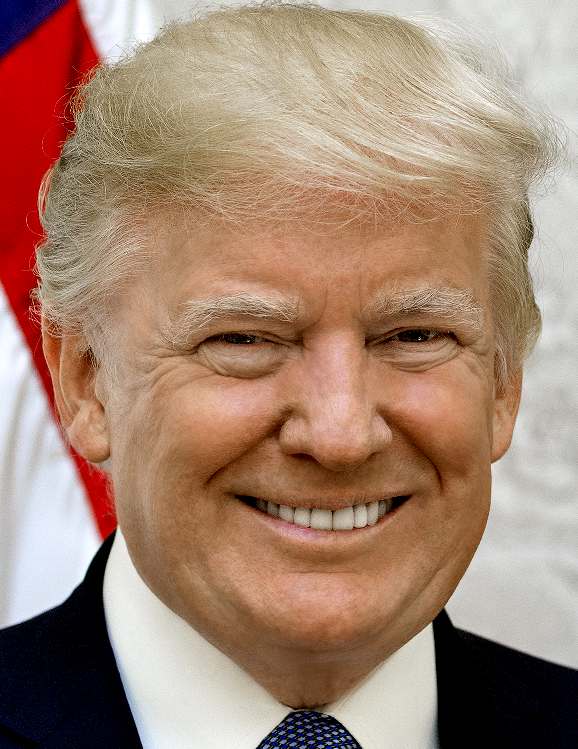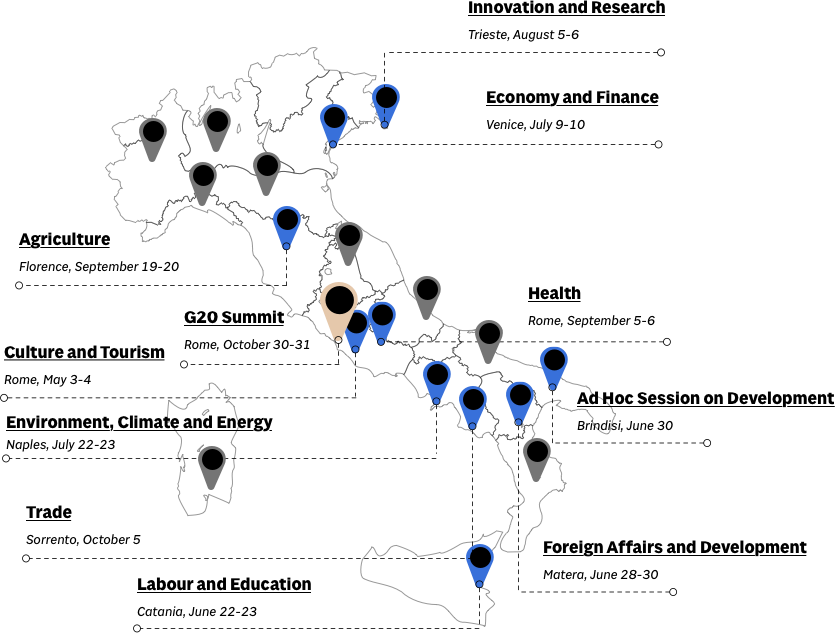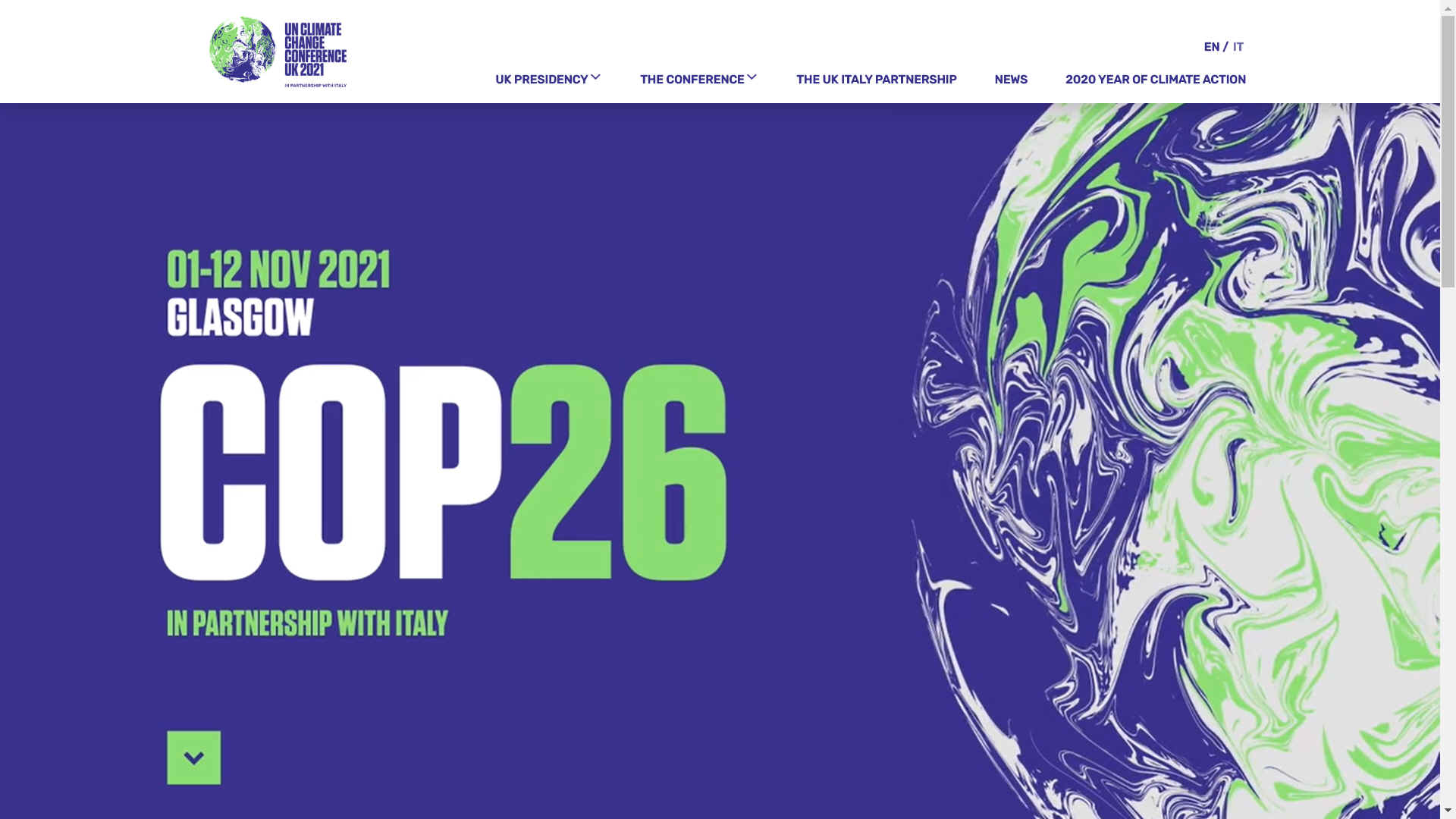|
G20 - GROUP OF TWENTY
Please use our A-Z INDEX to navigate this site, or our HOMEPAGE |
|||||||||||||||||||||||
In the wake of the 1997 economic crisis, the G7 Finance Ministers announced the creation of the "Group of 20", aimed at including other countries in their discussions related to global economics and
finance. Then came the 2008 financial crisis, after which the United States proposed to increase the level of participation of the G20 to Heads of State and Government.
The G20 Heads of State and Government Summit will be held in Rome on October 30th and 31st 2021, with the participation of the G20 Heads of State and Government, of their counterparts from invited countries, and of the representatives of some of the main international and regional organizations.
Included in these discussions were the Dirty
Dozen, climate criminals.
Italy
has held the Presidency of the G20 since 1st December 2020. The G20 is a
closed-shop forum designed to promote the interests of the powerful
nations, while maintaining their commercial advantage over poorer
nations that do not have their concerns as to indirect financial slavery
aired.
THE G20 HEADS OF STATE (2020) A - Z
The Italian Presidency's agenda is given as:
1. People 2. Planet 3. Prosperity
With
respect, perhaps what
they should be concentrating on is the state of the planet,
and sustainable economic recovery, rather than prosperity, that smacks
of wealth creation. It is wealth creation that is burning fossil fuels
that we cannot afford to ignite. Dealing with the planet and setting new
circular currency linked to a Food
Standard, will ensure that people will have grocery security for
their health and well-being.
THE G20 HEADS OF STATE (2020) A - Z
MONEY MATTERS
Within the G20 process, a particular place is reserved for the "Finance Track", which includes the meetings held among Finance and Economy Ministers, Central Bank Governors, Vice Ministers and Sherpas (negotiators) designated by the respective economic ministries.
THE ADVISORY BOARD
The new Advisory Board, made up of CEOs of multinationals, managers and prominent representatives of the international business world, will focus on eight priorities related to the three main pillars of the Italian G20 Presidency: People, Planet and Prosperity.
2. Lifelong education for prosperity: teachers as a key asset and more widespread digitalization.
3. A sustainable world: shaping a set of globally shared principles to measure circularity and green transition, to promote a stable, forward-looking regulatory framework and enable resilient infrastructure.
4. ESG finance: increase transparency and sustain resource allocation.
5. Nothing must be considered useless: moving from managing waste to effective resource utilization.
6. Building trust towards new technologies through internationally-recognized ethical standards.
7. Supporting SMEs to access global value chains thanks to digitalization.
8. Digital identity for citizens, businesses and things: promoting a more robust model of participation to digital services.
ABOUT THE G20
The G20 group of countries represents the most indulgent nations with the most super-heated economies - and some of them in incredible debt situations from years of extravagant borrowing, from which recovery in nigh on impossible without devaluing currency to a new level to create truly circular economies. Or failing that a return to the Gold Standard, to re-introduce a braking effect on irresponsible lending.
The basis of any sustainable international society is the ability to feed the world. Money lending should be linked to this ability to prevent inflation and growth that is unsustainable. We are thus proposing a Food Standard, that the G20 and IMF will find unattractive, because it involves telling the truth about the irresponsible over-lending that is to blame for warming the planet.
Transition
to a replacement for the long abandoned Gold Standard, is long overdue,
carrying with it potential problems for return to a less polluting,
green economy. Such transitions could mean that some sectors face big shifts in asset values or higher costs of doing business. It’s not that policies stemming from deals like the
Paris Climate Agreement are bad for our economy – in fact, the risk of delaying action altogether would be far worse. Rather, it’s about the speed of transition to a greener economy – and how this affects certain sectors and financial
stability, where Alice in Wonderland paper currency is at present
valueless when called upon to be redeemed.
The move towards a greener economy could also impact companies that produce cars, ships and planes, or use a lot of energy to make raw materials like steel and cement
We imagine that such investments will come unstuck, but that such is the cost of placing a bet on the wrong commodity. Indeed, such losses will form part of the reduction in the financial downsizing - borne by those investors, without causing harm to the poorer members of society who don't have the surplus cash to be able to speculate.
The G20 (or Group of Twenty) is an international forum for governments and central bank governors from 20 prosperous nations, with Spain as a permanent guest:
The
G20 states:
SIX (SUGGESTED) STEPS TOWARD A COOLER PLANET
1. TRANSPORT: Phase out polluting vehicles. Governments aim to end the sale of new petrol, and diesel vehicles by 2040 but have no infrastructure plan to support such ambition. Such infrastructure should exceed the performance of fossil fuel filling stations, prolong EV battery life and provide power grids with a measure of load leveling. Any such system should seek to obviate the provision of millions of fast charge points to include fuel cell cars, where implementation could otherwise prove to be a logistical nightmare. This may involve international agreement as to energy storage format and statute to steer OEM vehicle makers to collaborate as to future proofing, to include green hydrogen.
Marine transport can be carbon neutral given the right policy incentives, with phased transition in specific stages such as not to unduly penalize present investment in LNG shipping and other recent MARPOL compliant IC powered vessels. Future cargo vessel should be at least in part powered by renewable solar and/or wind energy, on the road to zero carbon, making allowances for technology catch-up. A scrappage scheme might encourage fleet operators to accelerate shipping upgrades, and a fund for radical innovation that would not otherwise qualify under in-situ programmes (such as Horizon Europe) might be introduced - with fast-track, reduced, form-filling and open-loop decision making, such that applications may be tweaked rather than struck out.
Air travel powered by kerosene should attract hefty mitigation offset, where low carbon alternatives should be encouraged such as electric air transport.
2. RENEWABLES: Renewable energy should replace carbon-based fuels (coal, oil and gas) in our electricity for homes, factories, heating and transport. Coal and nuclear power plants should be phased out.
3. HOUSING: On site micro or macro generation is the best option, starting with new build homes that are both affordable and sustainable by design to replace crumbling housing stocks. Encourage building in timber to provide carbon lock from a renewable natural resource. Planning policies should be updated to outlaw unsustainable development, with harsh financial penalties for kleptocratic local authorities, especially those with a history of corrupt practices (from historic similar fact evidence files).
4. AGRICULTURE: We need to grow more trees to absorb carbon emissions from a growing population, unregulated/unrestricted air travel. New homes should be timber where practical as a priority. We should promote reductions in food waste and the eating of foods that use less energy to produce. Educate children on these matters in schools and via campaigns such as no meat Mondays, should be part of ordinary study. Polluted fish from fisheries, might be replaced with fish farmed by aquaculture inland, rather than risk carcinogens from our seas.
5. INDUSTRY: Factories should be aiming for solar heating and onsite renewable energy generation. EV parking and even service facilities should be part of new industrial estates as part of any building permissions - with subsidies or tax reductions as incentives to property developers.
6. POLITICS: - National governing bodies need to adopt rules to eliminate administrative wastages, to include scaling down spending on (showboat) war machines, increasing spend on educating the public and supporting sustainable social policies that mesh with other cultures. This includes fostering policies and making funds available to close links in the technology chain to make up for lost time. Kleptocratic empire building must cease in the search for natural equilibrium.
International aid should not be provided to regions that cannot support life naturally. Land reclamation should be outlawed, and a solid currency system based on the ability of the planet to provide food for a growing population, such as a $Food Standard, such as to index link food production (security) to prevent unrestricted (artificial) money lending and superheated economies. There should be a policies of zero trust and full accountability.
Taxes collected from citizens in any form should only be spent on services they are collected for. Road Fund Licences, for road building, National Health Insurance Contributions, for health facilities, etc. The spend of other taxes such as Income and Value Added, should be fully accounted for to prevent slush fund payouts, for defence contracts, for example.
All policies should be SDG and Human Rights compliant, with exceptions needing to be openly qualified and justified, with effective remedy (right of challenge) to a higher national tribunal/court at every level, and to the international court of justice, where a national remedy conflicts. A lack of transparency and accountability would be one of the main reasons for challenge - because such decision making is highly suspect.
LINKS & REFERENCE
https://www.g20.org/en/index.html
2020 - Was another year of non-action, in fact no talks at all for the big cheeses to squabble and cloud issues for all the smaller nations that are being exploited. Can we expect anything of value to come out of the 2021 Highland fling?
Interestingly, the Covid 19 pandemic may have the effect of braking the economies of many nations - hence slowing global warming. This should be a lesson to all politicians.
|
|||||||||||||||||||||||
|
AGRICULTURE | BANKS | HOUSING | GROUP20 | INDUSTRY | MONEY | POLITICS | RENEWABLES | TRANSPORT
This website is provided on a free basis as a public information service. Copyright © Climate Change Trust 2021
|
